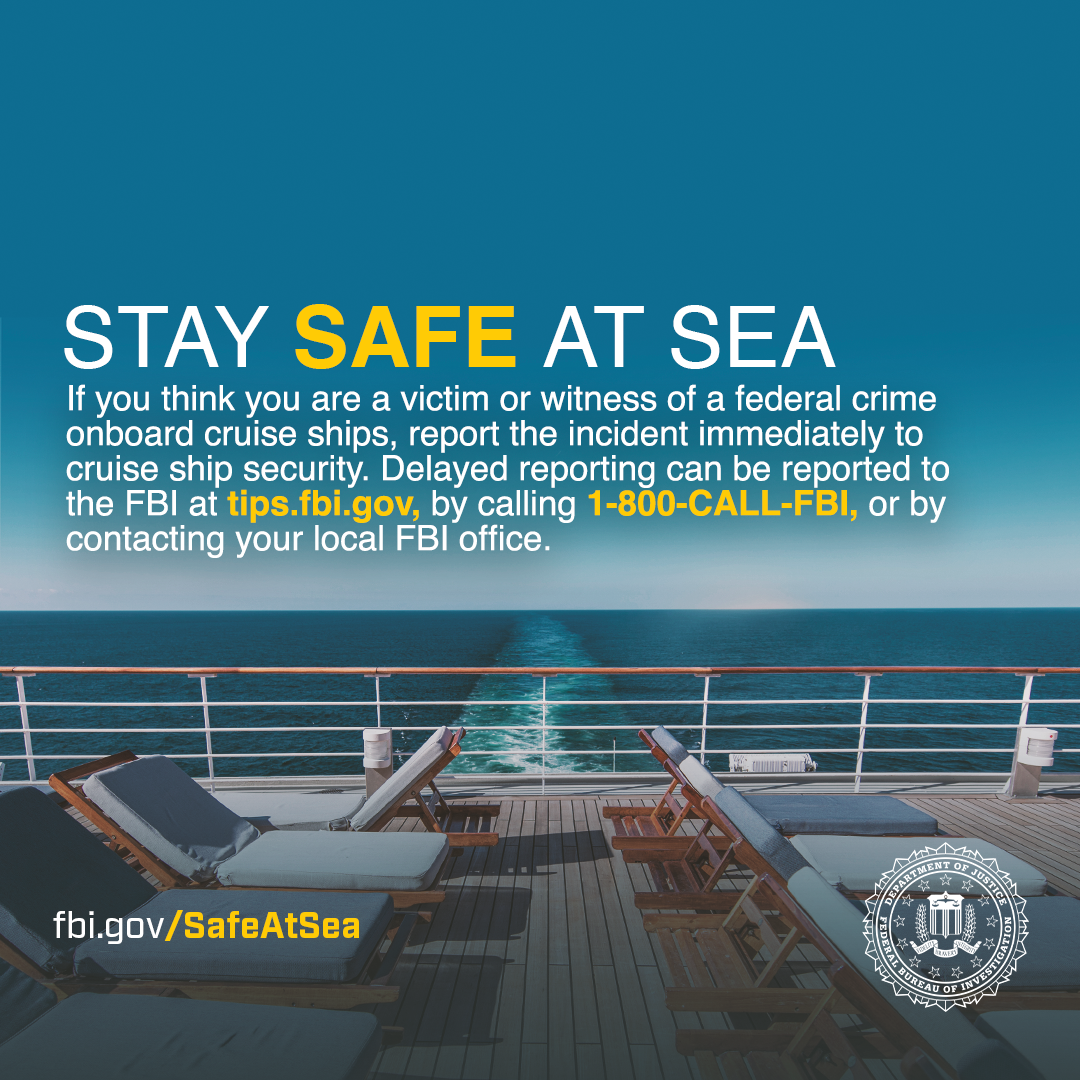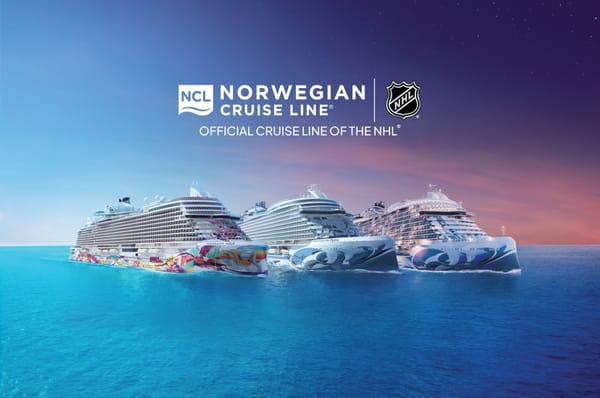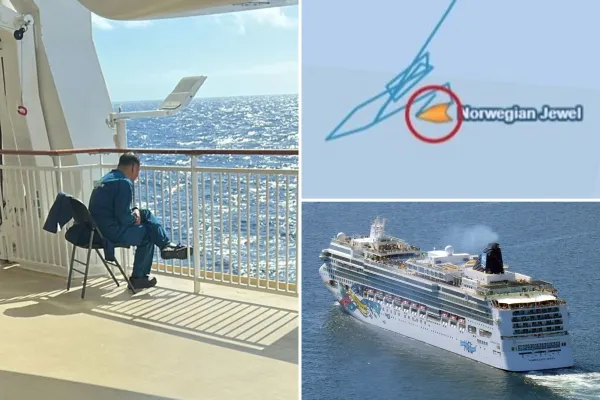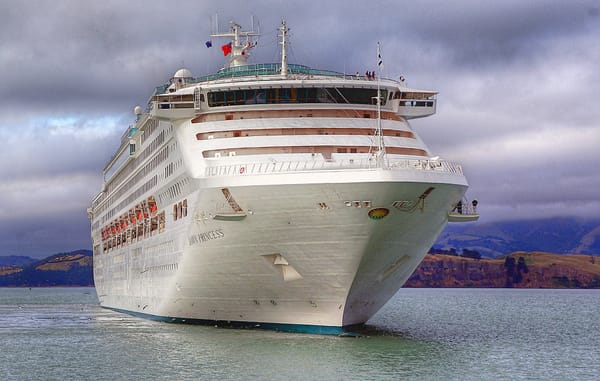Cruise Ship Crime Reports Rise, But Remain Far Below Land-Based Rates
Recent increases in cruise ship crime reports have prompted industry scrutiny, though overall rates remain well below those found in cities on land, according to multiple studies and experts.

Crime aboard cruise ships has recently drawn significant attention due to a series of high-profile incidents and a reported uptick in criminal activity. Despite alarming headlines, experts and industry leaders maintain that cruising remains one of the safest travel options, citing comprehensive security measures and significantly lower crime rates compared to land-based cities. However, the surge in reported incidents has led to intensifying scrutiny around passenger safety on the high seas.
Recent Surge in Cruise Ship Crime Rates
Data from the U.S. Department of Transportation reveals a concerning rise in criminal activity aboard cruise ships departing U.S. ports. Between January 1 and March 30, 2025, 48 incidents were reported, marking the highest quarterly figures in two years. Among these cases were allegations of 23 rapes, 10 sexual assaults, and 7 other assaults, suggesting a trend that is troubling industry stakeholders.
Experts attribute this increase to crowded onboard environments and alcohol consumption, factors that often exacerbate the likelihood of criminal behavior. Robert McDonald, a former Secret Service agent and criminal justice lecturer, noted, “Large gatherings, particularly where alcohol is involved, tend to foster situations ripe for misconduct. This isn’t unique to cruise ships; it’s something we see at sporting events and other large-scale public gatherings.”
The Role of Security and Industry Regulations
The cruise industry is heavily regulated to ensure passenger safety and transparency in reporting. Under the Cruise Vessel Security and Safety Act of 2010, cruise lines that embark and disembark in the U.S. are required to report serious crimes such as homicides, sexual assaults, and high-value thefts to the FBI. The data is then compiled and published quarterly for public review.
Additionally, onboard security teams are trained to manage incidents, including preserving evidence, interviewing witnesses, and, in some cases, restricting suspect access to facilities or confining them to cabins. Larger ships may even feature brigs for detaining offenders until law enforcement can intervene at the next port of call.
Member cruise lines of the Cruise Lines International Association (CLIA) have implemented stringent safety protocols, including victim support measures, youth activity protection, and advanced security technologies. These initiatives reinforce comprehensive safety practices across the industry.
Comparative Crime Statistics: Cruise Ships vs. Land
Despite the uptick in reports, crime aboard cruise ships remains low compared to mainland incidents. A study conducted by criminologist Dr. James Alan Fox revealed a clear disparity: sexual assault rates were significantly lower at sea (19.2 per 100,000 passengers) than on land (63.8 per 100,000 residents). Similarly, rates for aggravated assault and homicide aboard cruise ships were fractions of those reported in U.S. cities.
These findings echo statements from CLIA representatives, who point to multiple layers of security and strict hiring protocols as key factors in maintaining safety aboard vessels. They emphasize that cruising offers a safer environment than many land-based vacation options.
Notable Incidents Highlight Industry Challenges
While cruise ships are statistically safe, recent incidents underline vulnerabilities within the confined nature of these “floating cities.” In one case aboard Royal Caribbean’s Independence of the Seas, two individuals were arrested for allegedly molesting a teenager in the ship’s sauna. Another incident involved a mass brawl during disembarkation from a Carnival Cruise Line vessel, resulting in several passengers being banned from future sailings.
Alcohol was cited as a significant factor in these cases, corroborating FBI assessments that approximately 80 percent of cruise ship crimes involve intoxication, which often fuels confrontations and misconduct.
Expert Recommendations for Cruise Passengers
While the statistics reassure prospective travelers, experts advise exercising basic safety precautions onboard, including locking cabin doors, monitoring personal items, and supervising minors. “Simple steps like these can really help,” said Jenni Fielding, a cruise content creator. “They’re easy to follow and make everyone feel more secure, without diminishing the enjoyment of the trip.”
Ultimately, travelers can be confident in the cruise industry’s dedication to maintaining safety through regulatory compliance, security initiatives, and incident response practices.
Frequently Asked Questions (FAQs)
Are cruise ships safe compared to land-based vacations?
Yes, cruise ships are significantly safer than land-based vacation options. Studies show crime rates aboard ships are much lower, including for sexual assaults and aggravated violence.
What steps do cruise ships take to prevent crime?
Cruise lines employ onboard security teams, advanced surveillance systems, and comprehensive training protocols to deter criminal activity. Crimes are strictly reported to national and international authorities.
How are crimes handled onboard cruise ships?
Security teams manage incidents by preserving evidence, interviewing witnesses, restricting suspects if necessary, and coordinating with local or federal authorities. Suspects are sometimes held until the ship docks at the next port.
What should passengers do to stay safe on a cruise?
Passengers are advised to lock their cabin doors, monitor personal belongings, avoid leaving drinks unattended, and closely supervise children. These steps help reduce the likelihood of theft, assault, or other incidents.
Why is alcohol linked to crime at sea?
Alcohol consumption can impair judgment and exacerbate tensions in crowded settings like cruise ships. Experts estimate that alcohol-related incidents account for up to 80 percent of cruise ship crimes.




